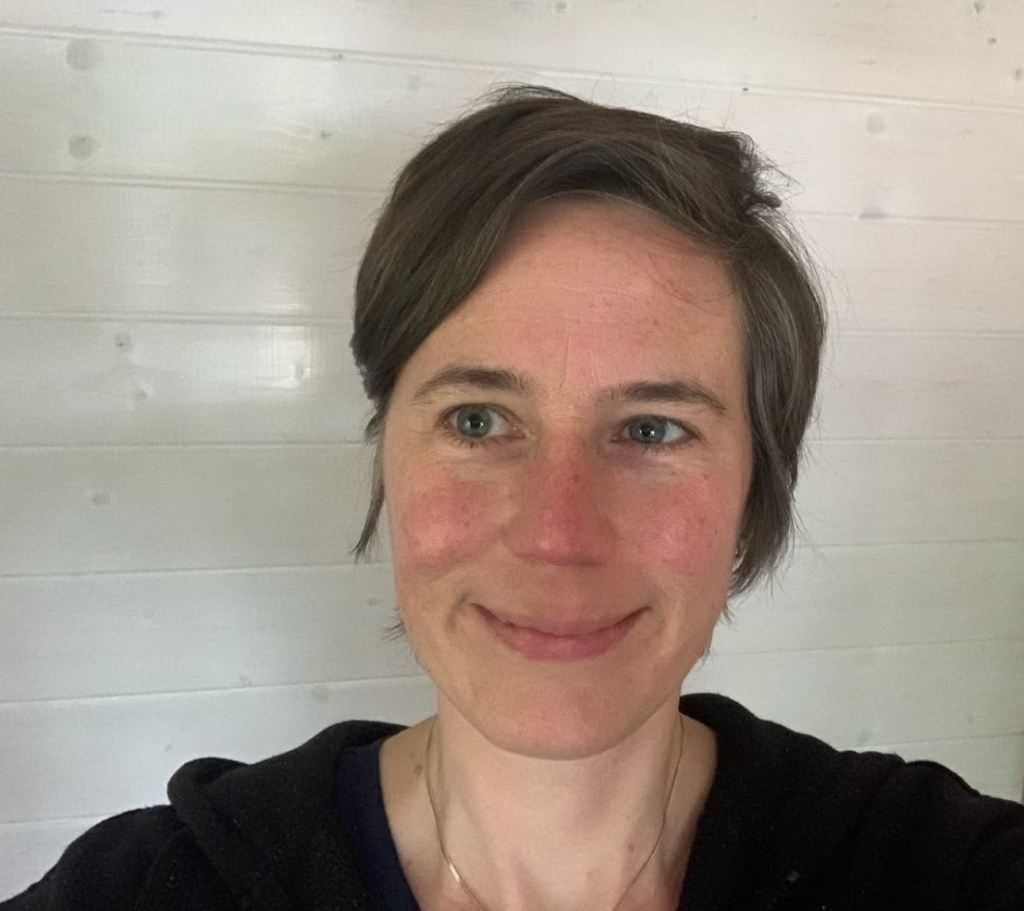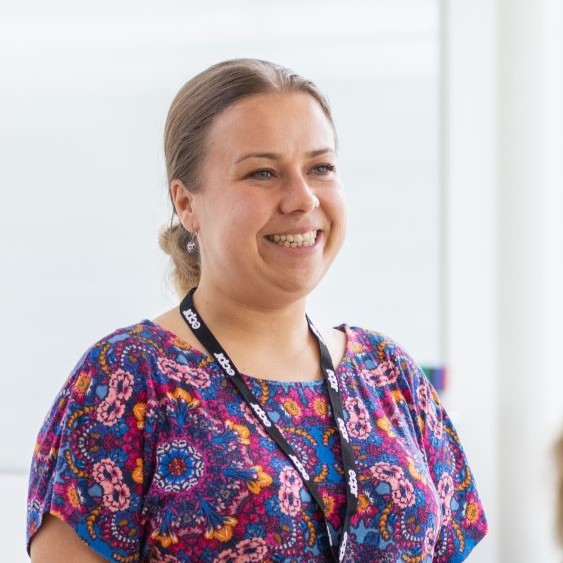The goal of the network is to explore the ways in which researchers are using feminist theory and motivations in current quantitative, empirical research across the social sciences, including sociology, economics, demography, social policy, psychology, health, and international relations. It is a chance for researchers to discuss and debate the possibilities of a quantitative, feminist social science, and to learn from each other’s successes and difficulties in integrating feminist theory with quantitative methods.
The organising collective
The network was co-founded by Rose Cook and Jenny Chanfreau and is currently co-ordinated by Jenny, Heini Väisänen, Youngcho Lee, Christina Pao and Nadine Zwiener-Collins. Sara Rose Taylor was also a member of the organising collective 2017-2022.

Christina Pao (any pronouns) is a doctoral student at Princeton University in Sociology and Social Policy and is affiliated with the Office of Population Research. She previously completed an MPhil in Sociology and Demography at the University of Oxford (Nuffield College), an MA in Political Science at Yale University, and a BA in Political Science and Classics (Greek and Latin) at Yale University.
Christina’s overarching interests relate to social and political demography, identity formation/maintenance at a (sub-)population level, and critical quantitative methodologies. At present, Christina’s research streams i) evaluate ways to create and change quantitative measures used on large-scale surveys (such as the census) to better capture queer identities, and ii) aim to understand the social demography of queer migrants to the United States. Christina is committed to community-oriented research and public sociology and has been funded for her work as a Truman Scholar and Rhodes Scholar. Christina joined the FemQuant organising collective in 2023.

Dr Heini Väisänen is a social demographer and works as a tenured researcher at the Institut national d’études démographiques (INED), France, in its Sexual and Reproductive Health and Rights, and Demography of the Global South units since late 2020. Her research focuses mainly on sexual and reproductive health over the life course with emphasis on induced abortions, miscarriages and pregnancy intentions in Europe and in Africa.
Prior to her appointment at INED, she completed her PhD in Demography at the London School of Economics and Political Science (LSE) (2016) and worked as a Lecturer in Social Statistics and Demography at the University of Southampton (2015-2023), both in the UK. She is the PI of an ERC Starting Grant project “Social Inequalities in the Risk and Aftermath of Miscarriage (SOC-MISC)” running from 2024 until 2028. Heini joined the FemQuant collective as a coordinator in 2017.

Dr Jenny Chanfreau (she/her) is a lecturer in Sociology at the University of Sussex in the UK. Her research interests are at the intersection of social/family demography, sociology and social policy, focusing on on fertility, family circumstances and paid work and childrearing, and gender inequalities in these areas.
Cross-cutting her substantive research is her interest in feminist epistemology and critical approaches to secondary analysis of survey and population/ administrative data. Jenny has a PhD in Gender Studies from the London School of Economics and Political Science (LSE) and a MSc in Social Policy Research, and before returning to academia worked for several years as a quantitative social researcher/analyst at the National Centre for Social Research, an independent social research agency in the UK. Jenny is a founding member of the FemQuant organising collective.

Dr Nadine Zwiener-Collins is a postdoctoral researcher in Politics & Gender, Diversity & Equality at the Department of Political Science at the University of Salzburg, funded by the state of Salzburg. She is interested in gender differences in political attitudes and behaviour and broader questions of diversity and equality in the political sphere. Her research focuses on the impact of (gender) inequalities in the labour market and the family on politics.
In addition, she is interested in quantitative research methods and how they can be used for gender research, while she is also advocating for a critical and gender-sensitive approach to quantitative social science research. Before joining the University of Salzburg, Nadine was a Lecturer at the Social Research Institute at UCL. She holds a Master’s degree in Political Sociology from the London School of Economics (LSE) and a PhD from City, University of London. Nadine joined the FemQuant organising collective in 2023.

Dr Youngcho Lee (she/her) is a mixed methods researcher interested in family, care, work, gender, social policies, and research methodologies, with a focus on caregiving fathers. Youngcho received her PhD in Sociology at the University of Cambridge in 2022 (jointly funded by the Cambridge Trust and Murray Edwards College).
Her PhD research explored the determinants and aftermaths of fathers’ uptake of parental leave in South Korea based on a triangulation of quantitative and qualitative data and methods. Currently, Youngcho is based at the London School of Economics and Political Science (LSE), Department of Social Policy as an ESRC postdoctoral fellow, expanding on her doctoral research. Youngcho joined the organising collective in 2020.
